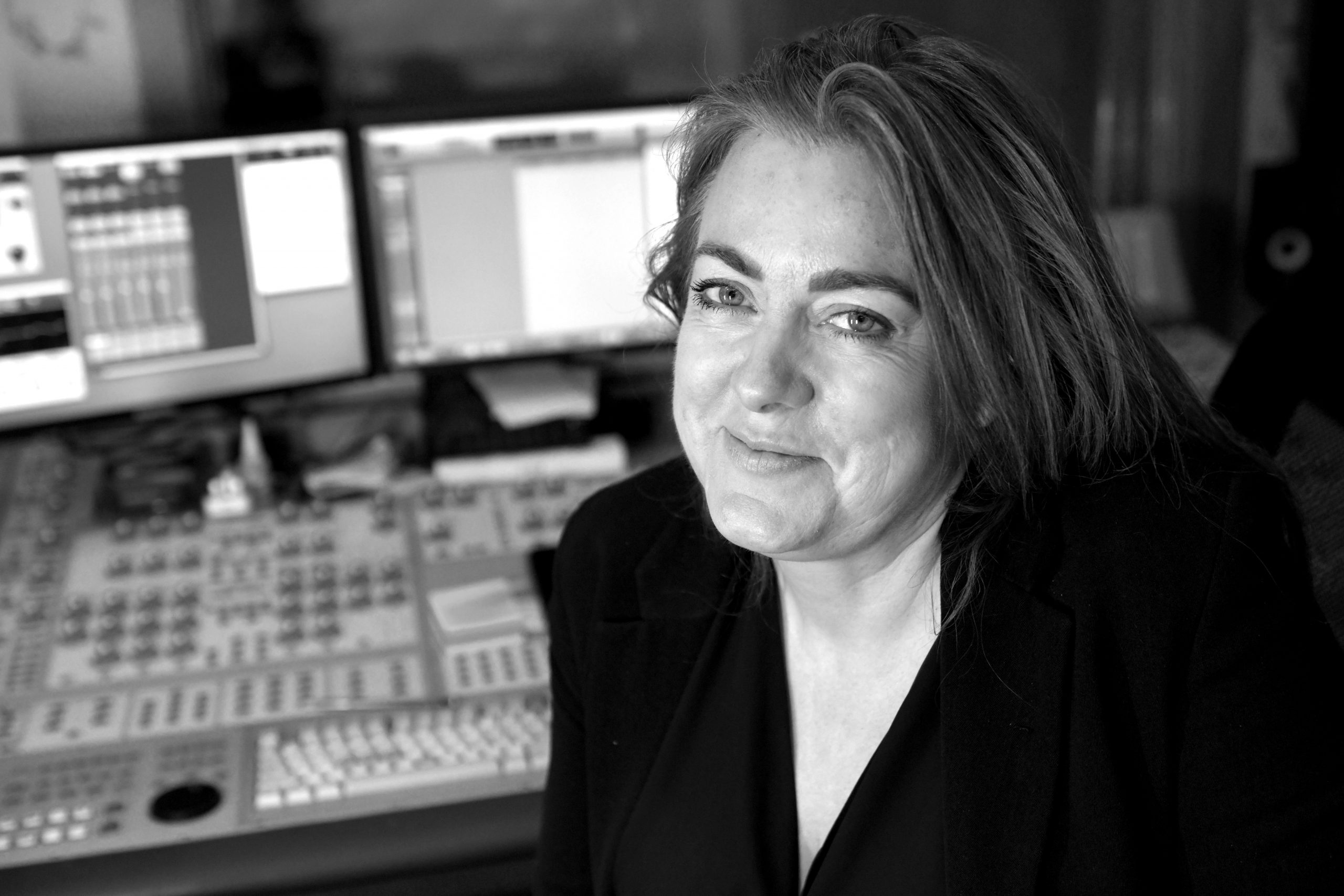Ade Stack is 20 years in the pharmacy business and has built a nationwide chain of 18 pharmacies with more than 200 staff. Despite her success, many people may not be familiar with her business, which Stack is absolutely comfortable with. Stack’s business model focuses on detaching from retail and investing more in the community. She does not believe in sales targets or sales links and still managed to record revenues of more than €25 million last year. In this interview with Alison Cowzer, Stack spoke about: The importance of knowing the customer and not giving a hard sellHow more than…
Cancel at any time. Are you already a member? Log in here.
Want to read the full story?
Unlock this article – and everything else on The Currency – with an annual membership and receive a free Samsonite Upscape suitcase, retailing at €235, delivered to your door.

